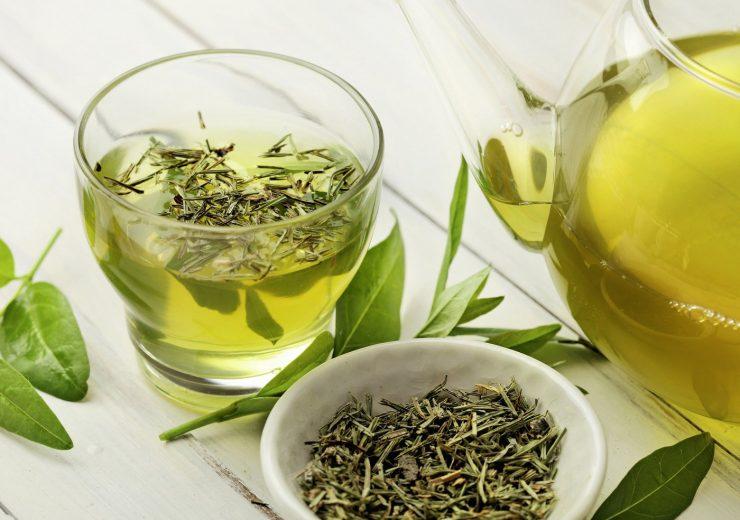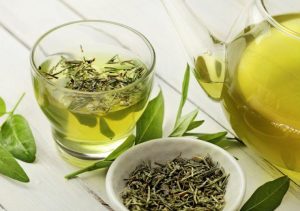Effect of Green tea on human mind and body

Share This Post
ea, the most popular beverage on Earth after water, is also a wellness powerhouse. Studies suggest the drink has potential antioxidant, antibacterial, anti-inflammatory, anti-diabetic, and even anti-cancer effects.
Now, scientists say drinking tea more than three times a week is linked to living longer — and it could help stave off age-related diseases, like heart disease and stroke.
The new study, which examined 100,902 people in China, suggests that people who drink tea frequently have major health advantages over non-tea drinking counterparts. In this population, habitual tea drinkers were 20 percent less likely to develop incident heart disease and stroke, 22 percent less likely to die from a heart attack or stroke, and 15 percent less likely to die of any cause during the observation period, compared to non-habitual or non-tea drinkers.
These findings were published this week in the European Journal of Preventive Cardiology.
Green tea was linked to health benefits. To reach these findings, the team analyzed the lifestyles and health metrics of a large, healthy study population without a history of heart attack, stroke, or cancer. The data was drawn from the China-PAR project.
The group was split by tea-drinking habits: Those who consumed tea more than three times a week were classified as “habitual” while those who drank the beverage less than three times were “non-habitual.” The researchers tracked the participants for an average of 7.3 years, gathering data through standardized questionnaires and medical tests.
In turn, they found that people who weren’t consistent with drinking tea, or jumped on and off the tea wagon, didn’t receive the same longevity-related benefits.
That’s likely because the tea’s body-boosting effect stems from certain compounds in tea leaves, namely polyphenols like flavonols, theaflavins, and catechins. These properties have been known to reduce inflammation and act as antioxidants in the body, which help prevent or control free radicals from damaging cells. Coffee also contains polyphenols, which may lead to similar health benefits.
“Mechanism studies have suggested that the main bioactive compounds in tea, namely polyphenols, are not stored in the body long-term,” Dongfeng Gu, senior author on the study and researcher at the Chinese Academy of Medical Sciences, explains.
Therefore, consistent intake over an extended period may be necessary for the cardio-protective effect, Gu says.
What type of tea is the healthiest?
Not all types of tea are created equal: When delineated by type, the research team found that only people who drank green tea had these positive health effects, not those who drank black tea. Black tea undergoes a fermenting process before it reaches the cup, which can diminish the number of healthy polyphenols.
However, the study population was dominated by green tea drinkers: 49 percent of the sample drank green tea, while 8 percent of the sample preferred black. So further study on all tea types is needed before scientists can definitively say which varieties have the strongest influence on disease and mortality.
Green tea consumption reduces inflammation in the body. This century-old finding makes green tea extract a first-line choice for any weight loss supplement.
All the toxins and undesirable components are flushed out by the organic antioxidant content of green tea extract. Epigallocatechin (EGCG), a potent antioxidant, provides the above advantages and increases metabolism and weight loss.


